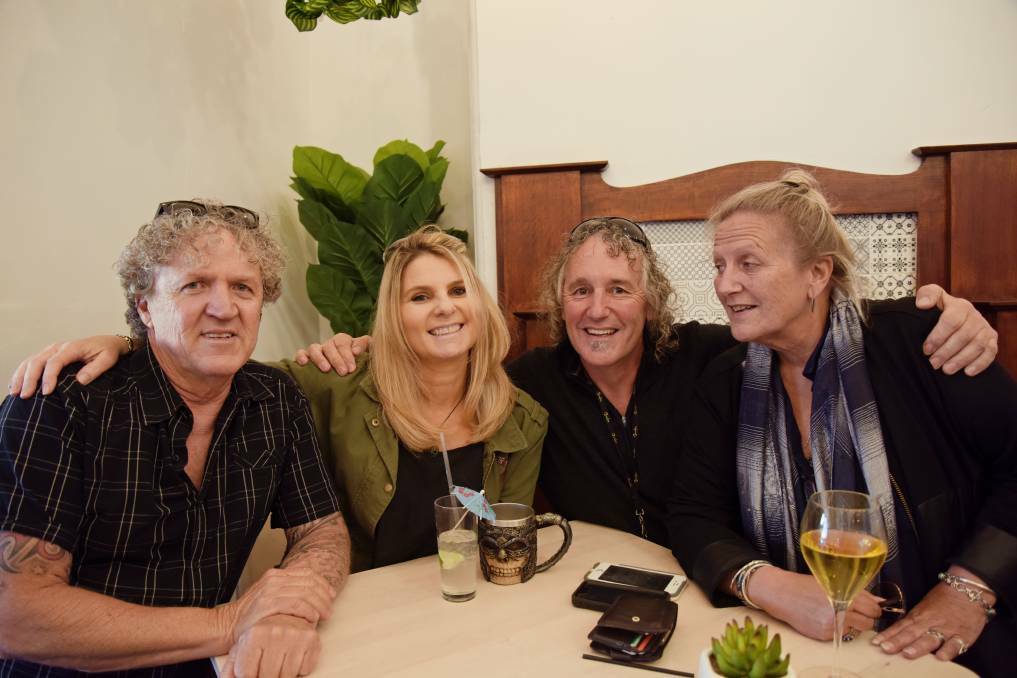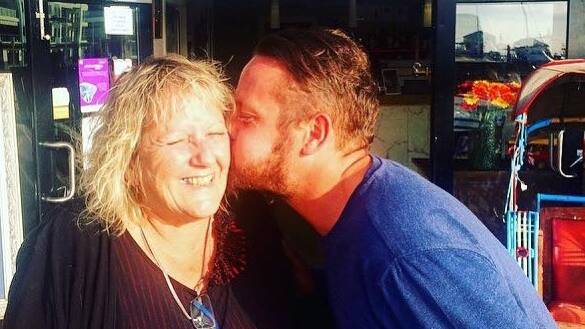
"Burnout is an understatement," Little Stiller, Catch 22 and Bar Therapy owner Marie Te Au said, in relation to how she is feeling about workplace stress and pressures.
Create a free account to read this article
$0/
(min cost $0)
or signup to continue reading
'The Great Resignation' is occurring all over Australia, with Mandurah not being spared from the impact of staff shortages, greater workplace stress and burn out.
Related:
Ms Te Au said she and her staff were worn out, sick of the abuse and were just trying to get through each day.
"It's really hard for them [employees]. Then you get people, because something didn't go their way, they get on Google or Facebook and write a really nasty review that has nothing to do with our service or our food. It has a big impact on our business. My staff are worn out, trying to do their very best, but are tired of the negative reviews and nasty abuse," Ms Te Au said.
Team morale and mental health were extremely important to her, Ms Te Au said. As a family business, she said it was in their nature to always be on hand whenever someone had an issue or simply needed to talk.
"It's not fun. We're doing lots of training to give the staff something to look forward to, we're doing little outings, things to try and keep the whole team thing going together.
"They're tired, worn out. How do you keep morale up? We do weekly meetings to try and help them get through, let them vent. My son's and my phone is always on so they know they're not alone. We do a lot of 10pm, 11pm calls at night from managers and staff," Ms Te Au said.
They're tired, worn out. How do you keep morale up?
Mandurah Psychological Services psychologist Amy Henderson said she had seen the impact first-hand of burn out and stress at work, which has been exacerbated by COVID-19.
"With the skills shortage, trying to attract skilled people and fill some of those positions has been difficult. It's meant that those of us who are working are overloaded. At Mandurah Psychological Services, we easily have enough work for more psychologists, it's hard to get people," Ms Henderson said.
For some, it can be difficult to identify burn out and work-related stress, Ms Henderson said. There are a few behaviours to take note of that point to workplace stress.
"For most people, it's that disengagement part where they're just not as excited about work as they used to be. It can be subtle, you drag your feet in the morning, can't be bothered going to work, feel anxious or not as excited. Normal social interactions, like everyone going out for coffee at lunch, you stop engaging in those things as well.

"Sometimes, performance drops. Initially I think you get away with it, over time that disengagement starts to have an impact on performance. Not putting in extra effort, your boss might not notice it," Ms Henderson said.
"There's a huge wait list to get in to see a mental health professional, and people often leave it too late to access someone."
Re-framing the situation is a way to cope with burnout and stress, and works as a reminder of the positive parts of your day. Ms Henderson recommends practising re-framing if you are struggling with negative thoughts or anxiety about work.

"Instead of looking at all the negative stuff, make a note at the end of each day to write down three points of what you learnt or what you got out of the day. You get these filters where you start looking at the negative all the time but part of that is your own perception," Ms Henderson said.
Another way to manage workplace stress is to set small, achievable goals. Working towards something can be the motivator we need to push through the day, Ms Henderson said.
"If you have a job where you never see the outcome of your work, then set goals for yourself. You can give yourself closure on it so you don't feel like it's Groundhog Day. You can start looking at other career options and job options if you're unhappy, but day to day it might be setting short term goals or online training to give yourself different skills and refresh your mind," Ms Henderson said.
The best and hardest way to overcome burn out and stress at the workplace, is to speak with your boss or manager.
"You can talk about a few things like setting realistic work loads. Sometimes it is time off, but often it's just different priorities and expectations. Making sure you've got projects that interest and excite you but don't burn you out," Ms Henderson suggested.
Ultimately, for those unable to cope with burn out and stress, Ms Henderson recommended seeking professional help. With long wait times to see counselors and psychologists, it was important to seek emergency support to speak with someone urgently.
"Most individuals have access to Employee Assistance Programs (EAP)," Ms Henderson said. EAP services offered emotional, general and mental psychological well being services.
"For significant mental health, you've got your doctor and mental health plan. There is Beyond Blue and lots of online resources and apps like Calm or Headspace," Ms Henderson said.
If you or someone else you know is struggling, call Beyond Blue on 1300 22 4436.

